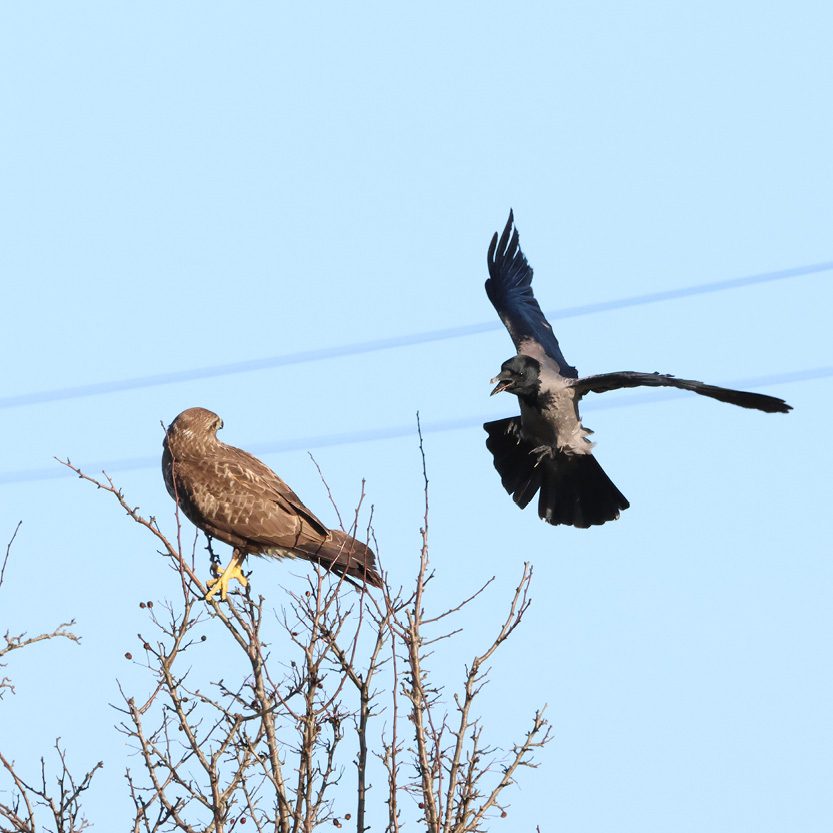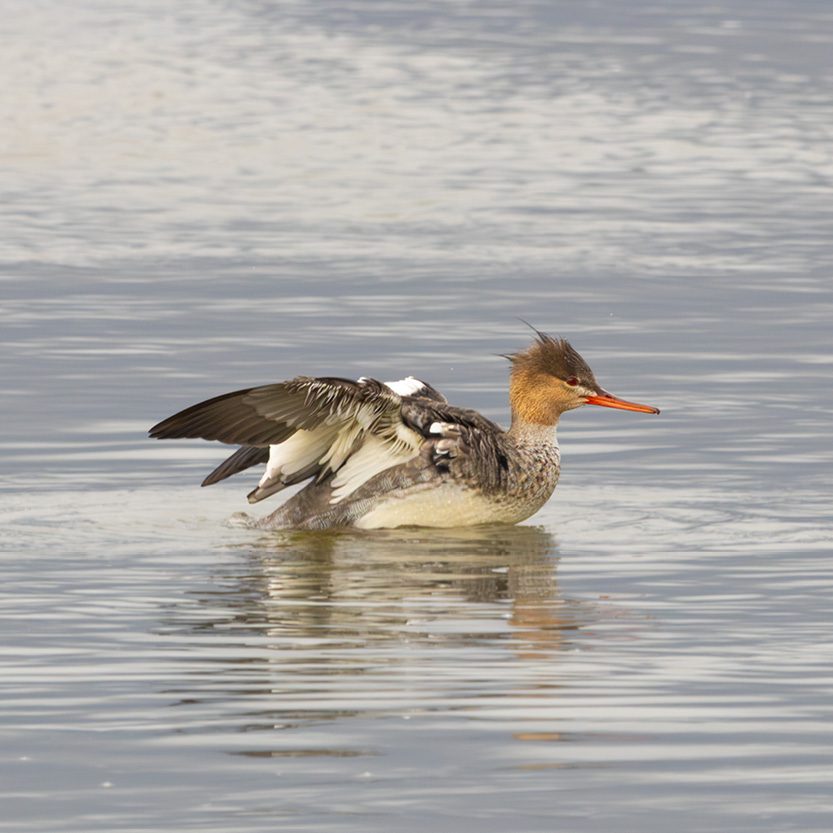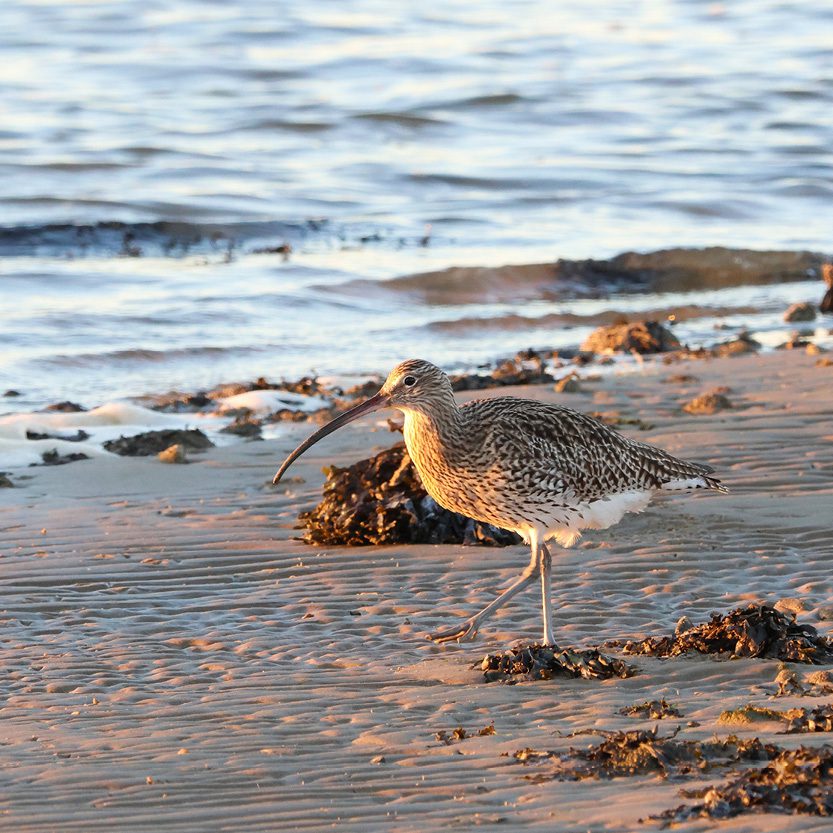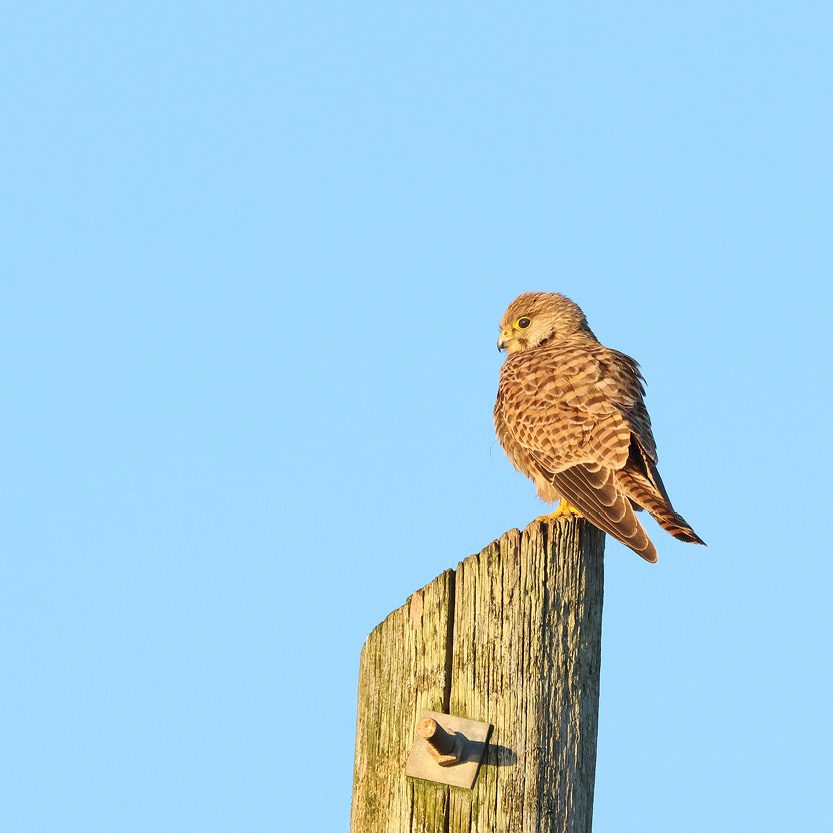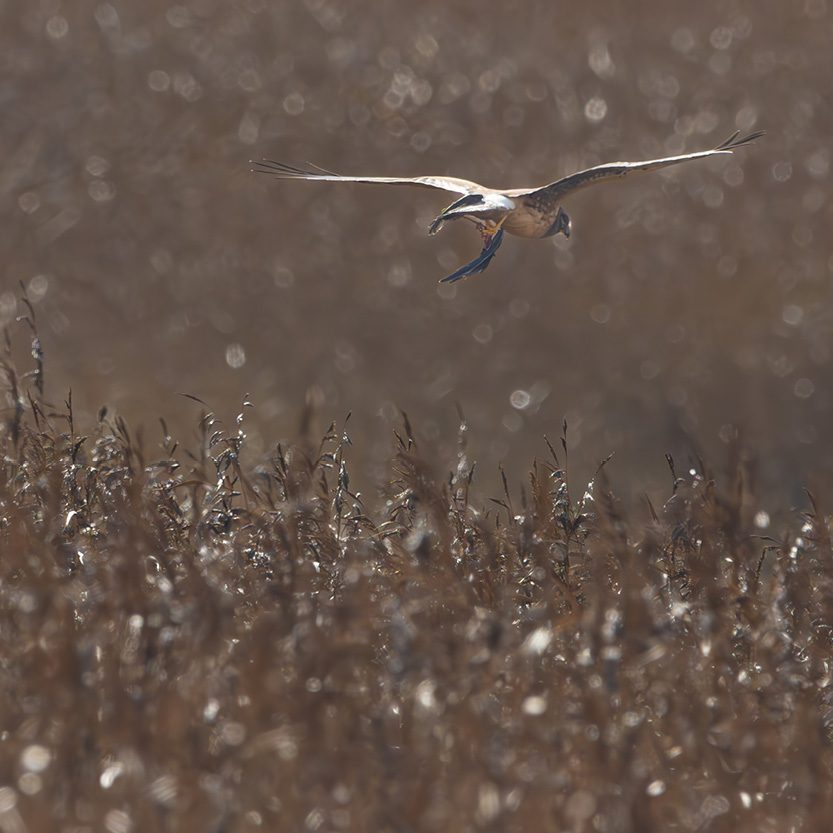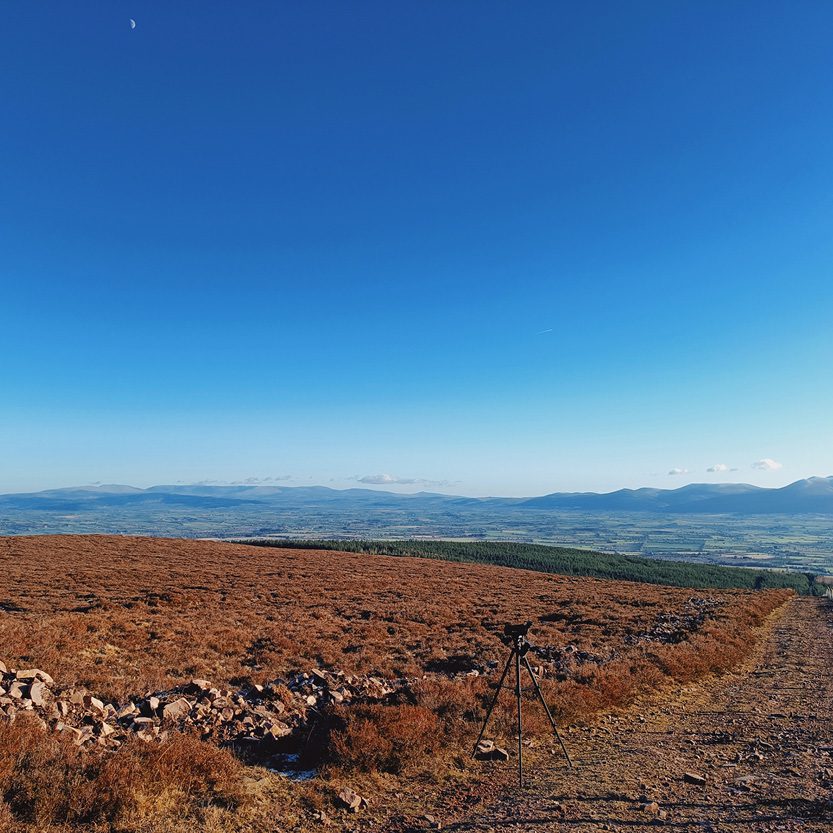
Luke discusses his role as an Ornithologist. Luke graduated with a Masters of Research (Geography) from UCC and joined MKO in 2023.
What inspired you to pursue a career as an Ornithologist?
I’ve had a passion for birds from a young age and was keen to pursue it as a career from the get-go, particularly if I could help with the conservation of birds in Ireland in some form.
Can you describe your typical day as an Ornithologist?
A typical day involves completing bird surveys on proposed wind farm development sites. These surveys can vary in methodology and are sometimes focused on specific species or multiple target species. Depending on the month, these surveys will revolve around dawn or dusk. While conducting the surveys, movements and activities of target species are mapped on QGIS maps on and around the site, while key weather details and depending on the survey type, a list of non-target species observed are compiled on an Excel worksheet.
What types of projects are you currently working on?
I’m currently working on a proposed wind farm development site, an existing wind farm and a flood relief scheme project in Co.Wexford, involving vantage point, walkover and waterbird surveys. I’m also working at a proposed wind farm site in the mountains of Co.Tipperary, which involves surveys targeting specific species such as Hen Harrier and Red Grouse.
What specific tools or equipment do you use in your ornithological surveys?
A tablet, binoculars, telescope, tripod, and a lone working device are staples during ornithological surveys. I sometimes bring my camera with me depending on the weather and site.
Are there specific breeding or migration patterns of birds that you find particularly fascinating?
I’m particularly interested in upland species such as Hen Harrier, Merlin and Red Grouse and their relationship with upland habitats and wind farms. I’m also fascinated by Ring Ouzel and Nightjar and the challenge of detecting these species in Ireland due to their scarceness, habitat preference and general nature.
How would you describe the culture at MKO?
The culture at MKO is brilliant, it’s very inviting with a friendly atmosphere, and you feel valued within the company.
What do you enjoy most about your role at MKO?
The fieldwork is my favourite part of my role in MKO, I like to work outdoors as much as I can, and the ornithological surveys can be both challenging and rewarding.
What advice do you have for someone aspiring to pursue a career in Ornithology with MKO?
Get involved as much as possible, don’t be afraid to ask questions and take the opportunity to try out as many different survey types as possible with MKO.



